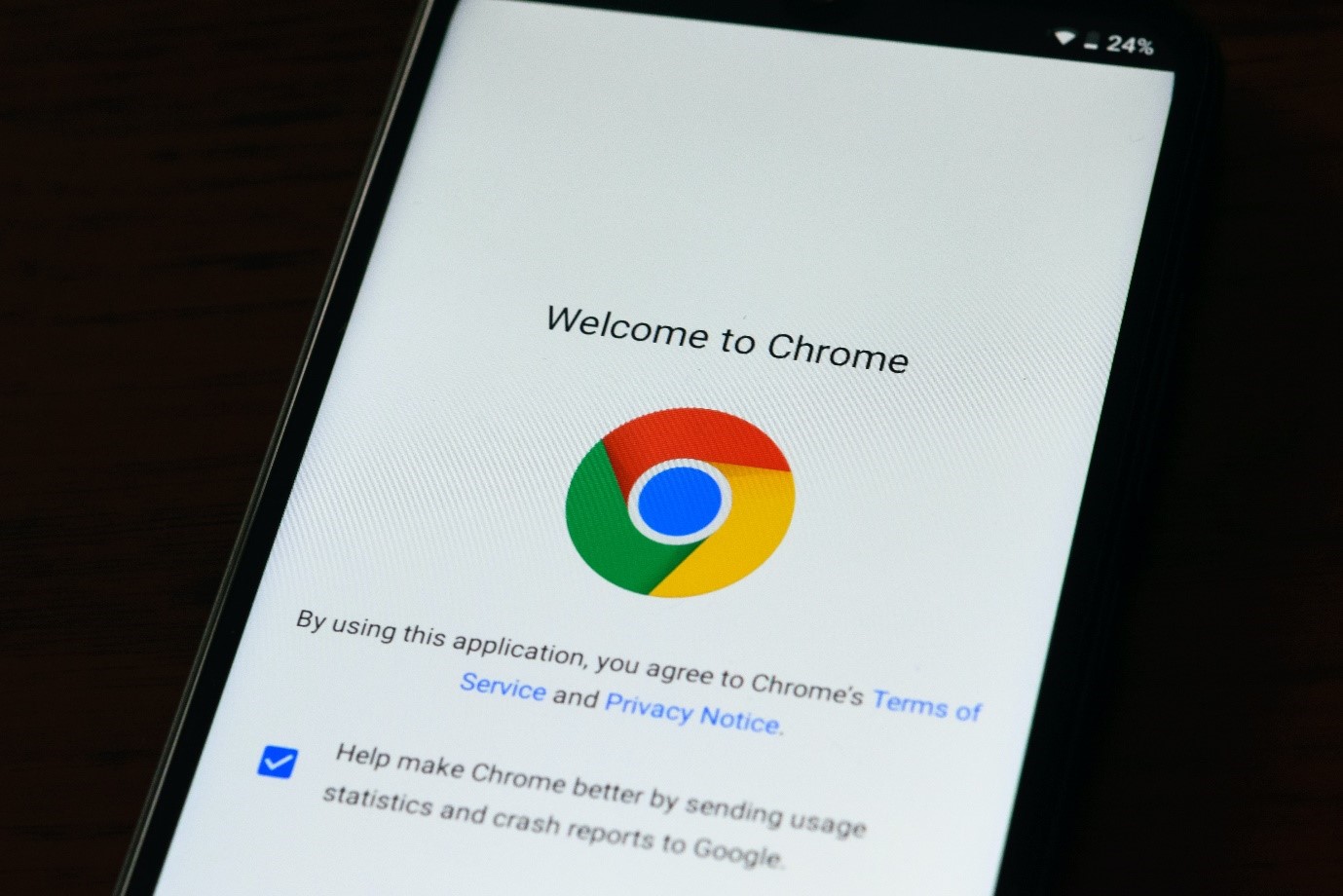Browser Wars
A browser war is competition for dominance in the usage share of web browsers. The "First Browser War" during the late 1990s pitted Microsoft's Internet Explorer against Netscape's Navigator. The World Wide Web is an Internet-based hypertext system invented in the early 1990s by Tim Berners-Lee.
In 1993, Mosaic web browser was created by two students (Marc Andreessen and Eric Bina) from University of Illinois. Mosaic was the first web that popularized the World Wide Web and the Internet.
In 1994, James Clark met inventors of Mosaic web browser, the first widely distributed and easy-to-use software for browsing the World Wide Web and invested $4 million for them to create a new web browser under the company named “Netscape”.
In Oct 1994, they developed a new browser called “Navigator”. The Navigator web browser was more stable and reliable than the Mosaic web browser. It hit 1 million downloads and started dominance in internet world.
In 1995, Navigator was at peak and it made giant Microsoft to look for development of the web browser to destroy the Navigator from Netscape. Microsoft employees held meeting at Netscape. According to them, Microsoft came to them with an ultimatum. Join up or move out of the way. Microsoft offered Netscape a huge sum for their browsers code base. When the team refused, employees from Microsoft threatened to eliminate them from the market by any means necessary.
Gates sent out a memo to all Microsoft employees titled “The Internet Tidal Wave.” In it, Gates outlined a new future for his company, one connected to the Internet. His paranoia for competition was also clear.
As Netscape’s success grew, Microsoft got their own browser ready. It was called Internet Explorer. IE was, at first, far from impressive. It was released as an at-retail extension for Windows ’95, and initially, did very little to damage Netscape’s market share.
For the next few years, Netscape and Microsoft waged war. Netscape began to focus on accompanying features. Microsoft took a slightly different route. Instead of adding extensions to their browser, they leveraged their position in the personal computing marketplace.
They gave away the browser for free to PC manufacturers and Internet Service Providers to bundle into their hardware. They lowered the price of their browser for Microsoft Windows users.
Microsoft’s aggressive push to distribute it, started to turn things in their favour. Netscape continued to innovate, but they knew they couldn’t keep up. So, they gave up browser war in 1997.
Then Microsoft was charged by the United States Government. In the summer of 1998, Microsoft went on trial for violating antitrust laws and a consent decree from a few years previous. The US Department of Justice argued that by giving away their browser for free, and bundling it into their operating system, they forced consumers to use their product and pushed competitors out of the market. This, along with the hostile pressure that Microsoft put on manufacturers to include Internet Explorer in their platforms, created a monopoly position for the company. Microsoft found guilty.
